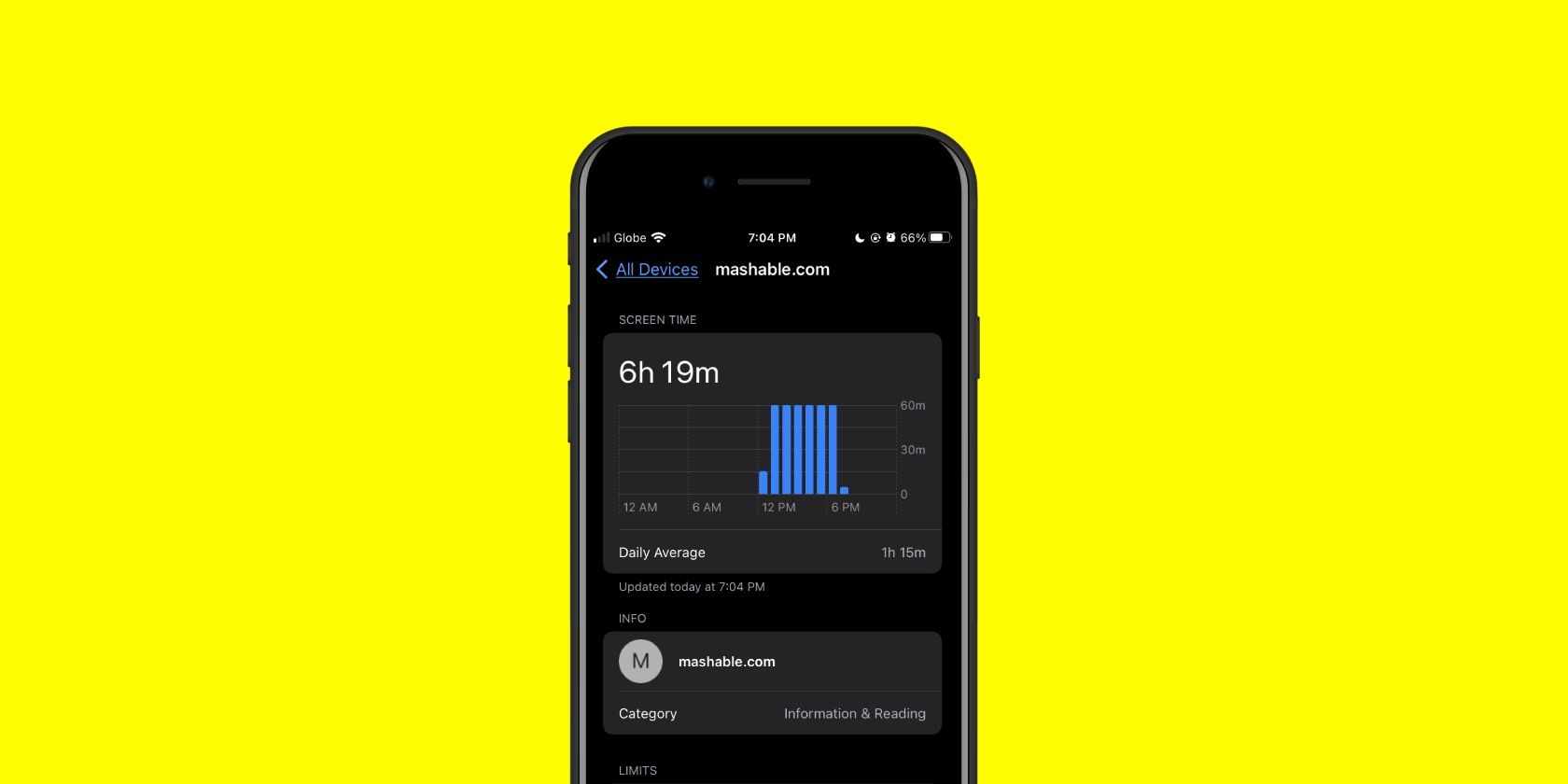
Tech Giant Fights for Users with Legal Suit Against India

Tech Giant Fights for Users with Legal Suit Against India
WhatsApp has filed a lawsuit against the Indian government in the Delhi High Court to prevent the new Information Technology (IT) regulations from coming into force that put users’ privacy at risk. The regulations will come into force on Wednesday, May 26.
The regulations would compel WhatsApp to break end-to-end encryption on its platform and compromise the privacy of its users.
India’s New IT Rules Threaten User Privacy
Reuters reports that Facebook-owned WhatsApp has issues with one of the new IT regulations in India, which states that social media platforms must identify the “first originator of information” when requested by government authorities.
This basically means that WhatsApp should provide details on the origins of a message, i.e., the sender if requested by the government. WhatsApp claims in its lawsuit that this rule is unconstitutional.
Indian Government Wants to Regulate Social Media Content
The Information Technology (Intermediary Guidelines and Digital Media Ethics Code) Rules, 2021, was first announced by the Indian government on February 25, 2021. It aims to regulate social media and messaging platforms using a code of ethics.
However, since WhatsApp uses end-to-end encryption, this is technically not possible, and breaking the encryption protocol to adhere to the regulations would put the privacy of WhatsApp users at risk.

A WhatsApp spokesperson issued the following statement to The New York Times on the lawsuit:
Civil society and technical experts around the world have consistently argued that a requirement to ‘trace’ private messages would break end-to-end encryption and lead to real abuse. WhatsApp is committed to protecting the privacy of people’s personal messages and we will continue to do all we can within the laws of India to do so.
WhatsApp’s fight against the Indian government has found backings from many prominent digital rights groups, including the Electronic Frontier Foundation and Mozilla.
WhatsApp even states that the new regulations “would have a chilling effect on what people say even in private settings, violating universally recognized principles of free expression and human rights.”
WhatsApp will continue to work with the Indian government to find solutions on keeping users on its platform safe and how to respond to valid legal requests.
While Facebook-owned WhatsApp is the one to file a lawsuit against the Indian government, the regulations that come into effect on May 26 will also affect other social media and messaging platforms like Telegram, Signal, Messenger, etc.
Facebook has agreed with most of the new regulations, though it is also in talks with the Indian government over certain aspects.

WhatsApp’s move against the Indian government comes at a time when it has itself been subjected to a lot of criticism over its new privacy policy in the country. The Indian government has already asked Facebook-owned WhatsApp to take down its new privacy policy twice since it believes it “undermines values of informational privacy, data security.”
Related:Best WhatsApp Alternatives That Don’t Share Your Data With Facebook
India Is One of WhatsApp’s Key Markets
India is one of WhatsApp’s largest markets, with over 400 million users. The messaging platform is even used for business dealings in the country. Its usage has only increased during the ongoing pandemic due to social distancing norms that have been enforced.
WhatsApp generally adheres to all regulations from the Indian government, but it is pushing back this time around as it believes the new rules are unfair and pose a privacy risk for its users.
- Title: Tech Giant Fights for Users with Legal Suit Against India
- Author: Michael
- Created at : 2024-07-29 07:31:07
- Updated at : 2024-07-30 07:31:07
- Link: https://facebook.techidaily.com/tech-giant-fights-for-users-with-legal-suit-against-india/
- License: This work is licensed under CC BY-NC-SA 4.0.
 WinUtilities Pro
WinUtilities Pro
